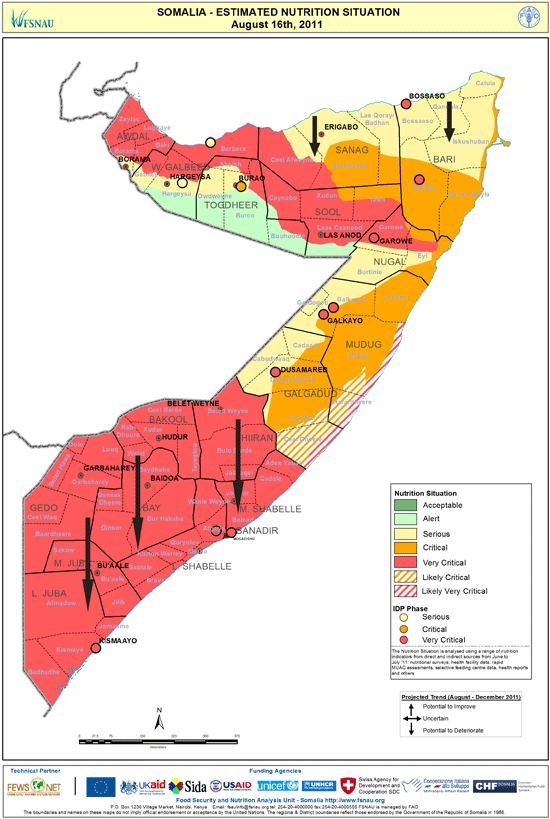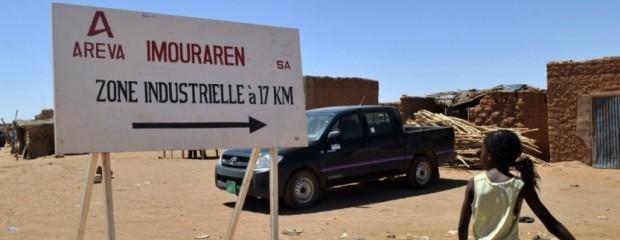Somalia: Ken Menkhaus calls for “˜a diplomatic surge to stop famine.’

Ken Menkhaus – a noted academic and advisor on US policy towards Somalia – has called for the international community to invoke the Responsibility to Protect (R2P) in facilitating a “˜diplomatic surge’ to ensure humanitarian assistance reaches communities suffering from famine conditions in South and Central Somalia. Menkhaus made these statements in a recent paper published by the Enough Project:
A diplomatic surge to stop Somalia’s famine
Menkhaus worked on famine response policy in Somalia in 1991 and served as a political advisor in the U.N. Operation in Somalia in 1993-94.
He argues:
“˜The Somali famine will be to the Obama administration what the 1994 Rwandan genocide was to the Clinton administration – a terrible stain, an unforgiveable instance of lack of political will to push policy beyond incrementalism.’
And that the international community to implement:
“˜[the] invocation of the Responsibility to Protect to mobilize unrelenting, full-scale diplomatic pressure from the West and the Islamic world on both Shabaab and the TFG, with the aim of securing unimpeded access to populations in need.’
The model Menkhaus suggest is that of:
“˜…the robust international diplomatic response to Kenya’s 2008 electoral crisis, when the country stood on the precipice of a civil war, and when leaders who would have pushed the country over the edge were put under such intense globaland domestic pressure that they were forced to back down.’
He calls for:
“˜mobilization of Somali, Islamic, and Western civil society groups who can bring pressure to bear on their own governments to make this a top priority and, where appropriate, press the TFG and Shabaab as well. A key dimension of this strategy is that diplomatic and political pressure must be equally intense on both the TFG and Shabaab.’
And that, “˜The most powerful source of pressure has to come from the Islamic world.’
To read Menkhaus’ paper in full click here
Further background to the current Somali situation – particularly focusing on the collapse of humanitarian space as a result of the politicised conflict between the TFG (with support of the international community) and al-Shabab – can be found in Mark Bradbury’s excellent paper for the Feinstein International Centre:
State-building, Counterterrorism, and Licensing Humanitarianism in Somalia






